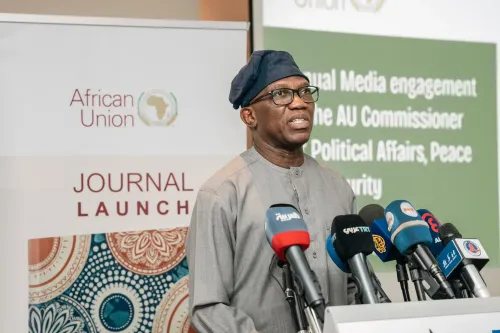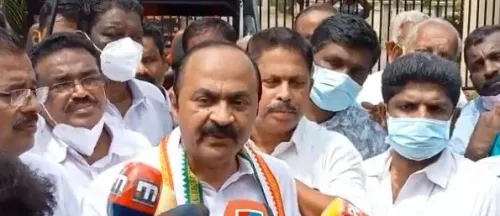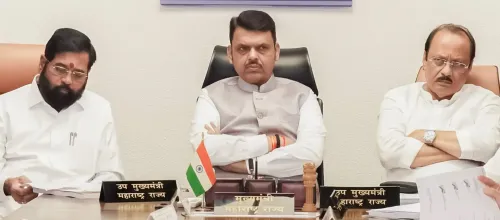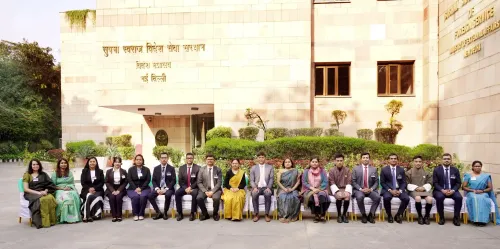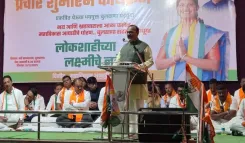Did a Pakistani Politician Admit to Involvement in the Delhi Blast?
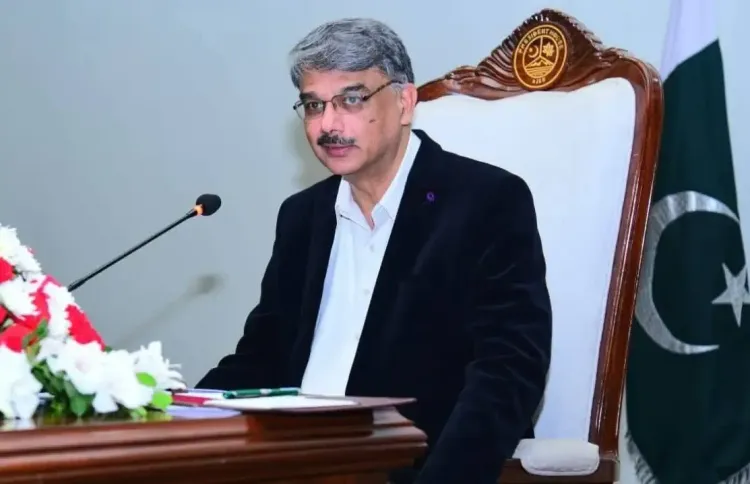
Synopsis
Key Takeaways
- Direct admission of Pakistan's role in the Delhi blast highlights ongoing regional terrorism.
- Chaudhry Anwarul Haq's statements could impact India-Pakistan relations.
- Jaish-e-Mohammad's involvement signifies a persistent threat to India's security.
- The need for enhanced coordination among Indian security agencies is critical.
- Social media misinformation from Pakistan poses a risk of radicalization among Indian youth.
Islamabad, Nov 19 (NationPress) A high-ranking Pakistani politician has brazenly acknowledged his nation's involvement in the car bomb detonation near Delhi's Red Fort on November 10.
A video featuring Chaudhry Anwarul Haq, who was removed from his position as the 'Prime Minister' of Pakistan Occupied Jammu and Kashmir (POJK) on Monday due to a no-confidence motion, surfaced on social media on Wednesday. In this clip, he openly boasts about Islamabad's role in the Delhi Red Fort bombing.
For years, Haq has been a proponent of Pakistan-supported terrorism in Kashmir, and during his speech to the Legislative Assembly, he glorified the heinous attack.
"I had cautioned that if Balochistan continued to suffer, we would retaliate against India from the Red Fort to the forests of Kashmir, and we did. They still can't count the casualties," Haq shamelessly declared.
Ongoing investigations into the Delhi blasts have confirmed that the Jaish-e-Mohammad faction executed the attack, which has claimed over 13 lives thus far.
Experts believe that the investigation into the blast clearly indicates Pakistan's strategy of diverting attention from Jammu and Kashmir to the Indian hinterland, necessitating significant adjustments in security planning and enhanced collaboration between various agencies dealing with terrorism.
Simultaneously, numerous Pakistan-based social media accounts are perpetuating misinformation online, aiming to radicalize Indian youth.
As Pakistan continues to be a catalyst for militancy and terrorism in the region, its infamous Inter Services Intelligence (ISI) is reportedly planning a large-scale recruitment initiative across India to establish similar networks.
The 2008 Mumbai attacks were orchestrated by Lashkar-e-Taiba (LeT), revealing the depth of Pakistan’s tactics, with subsequent testimonies indicating that the masterminds were based in Pakistan and affiliated with the ISI.
Founded by Masood Azhar, the Jaish-e-Mohammad terror organization is accountable for some of the most brutal attacks in India, including the 2001 Parliament assault and the 2019 Pulwama suicide attack.

